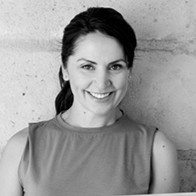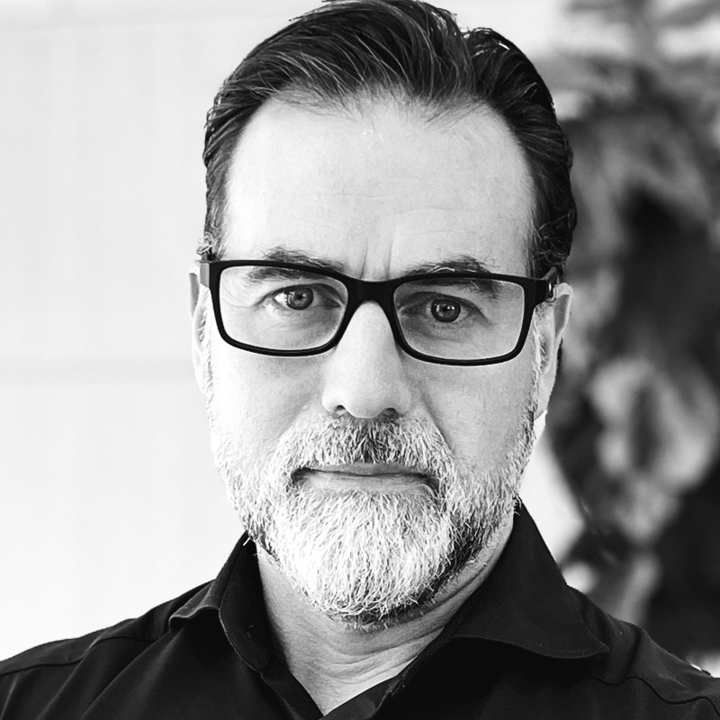Love 'em or hate 'em, job interviews are necessary and something that 99% of us will have to go through at least once in our lives. Unfortunately, preparing for ‘how to interview' isn't something that is taught in school, so to help out, I've compiled my top 10 tips to not suck at your job interview.
1. Breathe, you're going to be fine
I call all of my candidates about an hour before their interview to see how they're feeling. 9 out of 10 people respond with ‘I'm feeling a little nervous”. Nerves are normal, and they're a great indicator that you actually care. That said, I'm well aware that interviews can cause anxiety and heightened stress.
So, if you're reading this and are stressing about an interview, just take a moment to breathe; you are going to be fine.
If you're still feeling anxious, try the 4-7-8 breathing method. This method involves taking a four-second breath in, hold it for 7-seconds and exhale for 8-seconds. This method is tried and tested and will help you immediately reduce your pre-interview anxiety and bring you a sense of calm. The good news is you can also do this during the interview without anyone knowing!
2. Put a smile on your dial
A smile is a game-changer. It is a sure-fire way to instantly kick start the process of building rapport with someone. It makes you appear to be relaxed, excited and energetic about the interview. It also gives off the impression that you're confident as well, even if you're suffering from terrible interview nerves. So, the next time you're in an interview, try smiling. You'll be surprised by the results!
3. Make eye contact
Eye contact is critical; why? Because it builds trust, rapport and connection. It also shows that you're actively listening as well. It is the simplest way to build a connection with the person sitting on the opposite side of the interview table (or screen if you're interviewing remotely). It might be a little awkward at first, but trust me, it's a simple way to make an immediate impact.
4. Take some H2O
There are very few times when you're expected to talk for 30-60minutes about yourself. Couple this with the stress of interviewing, and you can often find that your mouth becomes dryer than the Sahara Desert. Make sure you take at least one bottle of water to the interview. If you forget to bring some H2O, then be polite and ask the interviewer if it would be possible to get a glass of water.
5. Dress for success
Underdressing for an interview is a big no-no in the interview game. Let me be clear, do I think the clothes you wear will impact your ability to perform a role? Absolutely not. However, I'm also of the belief that an interview is much like a first date; you are there to impress the other person and sometimes, an ironed shirt, a fresh haircut, or appropriate clothes to match their work culture is all it takes to be chosen over someone else.
I've lost track of how many first-round interviews I've done over the years, but my attire has always remained the same, a suit, tie and a shirt. Have I been overdressed for an interview? Yep, you betcha. Have I been rejected from a role for being overdressed? Not once.
6. Show up early
I cannot stress this enough; if you show up late to an interview, you have probably killed your chances of getting the job. A recent study has found that 93% of employers have said that if a candidate is late to an interview, this negatively impacts their chances of securing the role.
If you're doing a virtual interview, then be sure to try the link beforehand and allow yourself extra time to join the session. If you are late, be sure to apologise straight off the bat and be honest about why you were late.
7. Have some questions ready
This is also a top tip of mine. Before you step into an interview, be sure to have at least 3-4 questions prepared for the interviewer. It's an opportunity to ask anything you want, so don't waste it. Don't be afraid to ask tough questions either, interviewers love a good thought-provoking question rather than the same old “why do you like working here?”.
Here are some questions that I like to ask during my interviews:
- What is the biggest challenge this business will face in the next 6-12 months?
- How would you describe the leadership team management style?
- What is it about my experience that made you want to schedule an interview?
- Do you see any gaps in my experience?
- What is the biggest challenge the successful candidate will face in this role?
- How is success measured in this role?
8. Why do you want to work here?
This is probably the most common question you'll get in an interview, and arguably it is one of the most important questions you'll be asked. So make sure you prepare an answer to this question. There is always a reason why you've applied for the role, so make sure you talk about that reason. Maybe it's the mission/the culture/the clients/the learning opportunities etc., whatever the reason, have the answer ready to rumble because you don't want to fumble this question.
9. Don't bad mouth your previous employer
You may absolutely despise your previous boss or your previous employer, and between you and me, that's fine, I know exactly where you're coming from. That said, bad-mouthing your previous employer during an interview is a massive red flag. The good news is that there are ‘delicate' ways of handling questions about why you left your previous employer that doesn't involve bagging them out.
Check out a few examples below:
Why did you leave your previous employer?
| The WRONG way to answer | The RIGHT way to answer |
| The culture sucked | The culture had changed a lot since I started with that business, and ultimately, I decided that I wanted to look at other opportunities that offered a safe, collaborative and fun workplace culture. This type of culture is something that I want to be a part of, and I see X Company as a place that will offer that. |
| My boss was a micromanager | I found that I wasn't able to get the level of autonomy I was looking for from my previous role. I find that I perform at my best when I have a collaborative relationship with management, and I'm also offered a strong level of trust and autonomy. Based on my research, it sounds like X Company has a solid and diverse management team, and this is something I will thrive in. |
| They didn't give me a promotion | After spending X years at the company, I found that there were no internal growth opportunities available. That is part of the reason why I applied for this role, as it represents an opportunity for personal and professional growth. |
In the examples above, I haven't dodged the question; however, what I have done is turn a negative into a positive, and I've also refocussed my answer back onto why I want this role.
10. Send a thank-you note
This little tip takes all but a few moments, but it goes a long way to show that you're interested in the role. After you have finished an interview, don't be afraid to send an email thanking the interviewer for their time. I've included below an example of what I used to send after my interviews:
Hey <First Name>,
I wanted to take this opportunity to thank you for your time today. It was a pleasure getting some face time with you and learning more about the role, the culture and the direction that <Company Name> is heading in the future.
Let me know if you need anything else from me. Have a great day!
Thanks.
Latest.

Australian AI Tech: Our untapped business advantage.
Technology, Thought Leadership

5 simple (but powerful) ways to shine in your design interview.
Job Seeker, Design

How to demonstrate the value of your design team in 2025
Thought Leadership, Design, Industry Trends, Leadership




